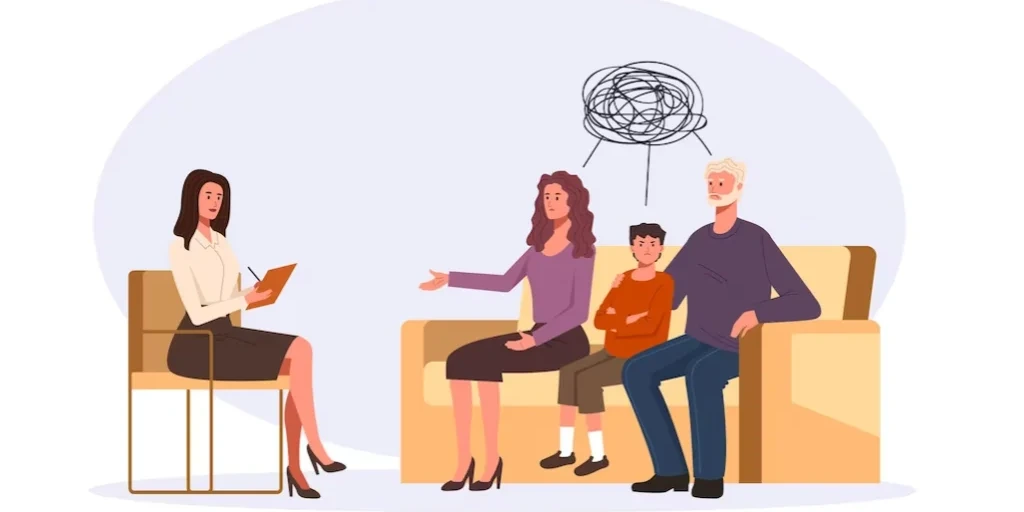24/7 Helpline:
(866) 899-111424/7 Helpline:
(866) 899-1114
Learn more about Bipolar Disorder Treatment centers in Bossier City

Other Insurance Options

Lucent

Horizon Healthcare Service

Amerigroup

WellPoint

Optima

Ceridian

Magellan

Excellus

Molina Healthcare

Kaiser Permanente

MHNNet Behavioral Health
Beacon

Anthem

Ambetter

WellCare Health Plans

Sliding scale payment assistance

Premera

Health Choice

EmblemHealth

Choice Care Network

CADA Bossier Treatment Center
CADA Bossier Treatment Center is a CARF-accredited substance abuse rehab for adolescents and adults....

AppleGate Recovery
AppleGate Recovery offers medication assisted programs for individuals with opiate addiction. AppleG...










Red River Behavioral Center
Red River Behavioral Center is a private rehab located in Bossier City, Louisiana. Red River Behavio...

Council On Alcoholism
Council On Alcoholism is a private rehab located in Bossier City, Louisiana. Council On Alcoholism s...

Bossier Rehabilitation and Fitness
Bossier Rehabilitation and Fitness is a private rehab located in Bossier City, Louisiana. Bossier Re...



